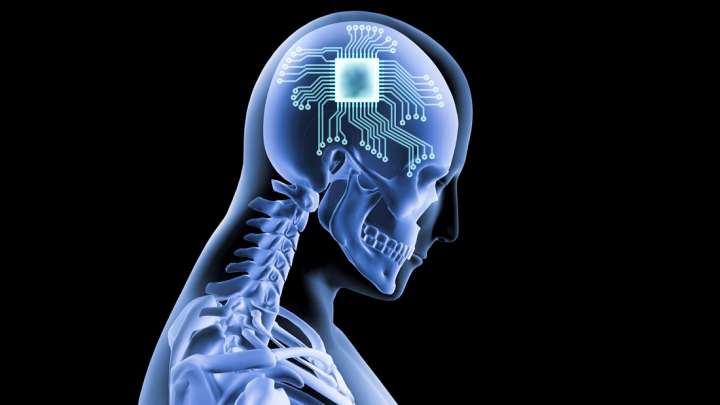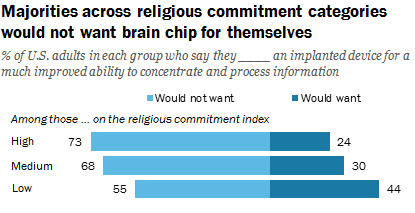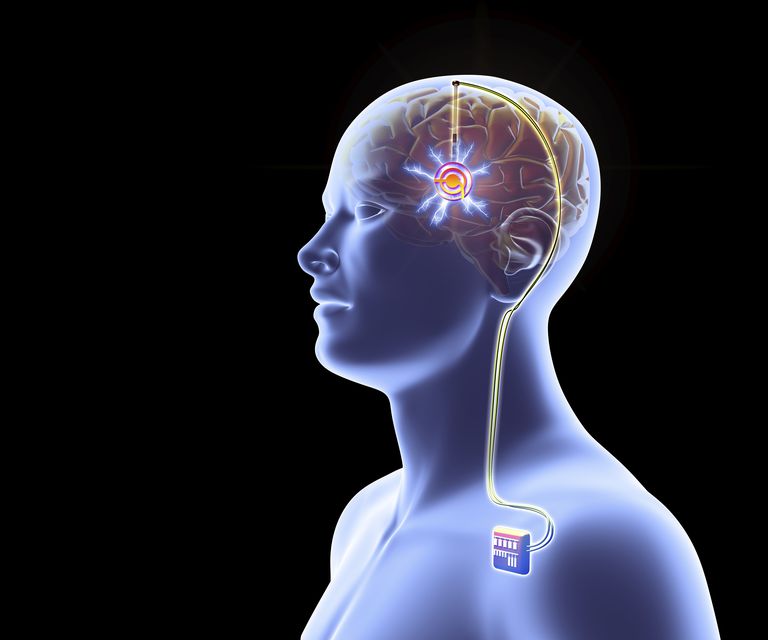
Artificial intelligence (AI) is rapidly becoming a key instrument in society and is already impacting the way we humans participate in it. A revolutionized field of impact has been that of neurotechnology. Neurotechnologies, such as artificially intelligent neural implants encompass all electronic devices that directly interact with the human brain, where AI is often deployed to measure and modulate neural activity. While the advancement of neurotechnologies has shown promising results in the medical field, there are also many dangers regarding this technology such as its potential to seriously harm human identity, social polarization, and privacy. The recent rise in technological scandals and increased potential for privacy violations highlights the need for strong regulations to protect individuals and society as we know it.
Social Polarization
Firstly, neurotechnologies have the potential to increase social polarization. If implemented into a human body, they allow individuals to enhance their mental and physical capacities without having to exercise themselves. An example of a mental enhancement using neurotechnology is that it may give lawyers the ability to scan documents in a very limited time, which, among other factors, reduces the number of employees needed to conduct the work. One major issue that arises here is the fact that neurotechnology may be used as a tool to gain an advantage over others, thereby intensifying discrimination. Not having such a tool installed would potentially come with increased social pressure as these people might feel left out or even experience disadvantages compared to those who have one installed, especially in the labor market. Considering the technology will likely only be available to those who can afford or have access, as well as the fact that there will always be people against its use due to their personal values (e.g., those that are committed to religion), polarization may arise. While neurotechnologies have already been deployed in the medical field to improve quality of life, for example, to help alleviate the suffering caused by disease or assist people with disabilities, the limited availability and high costs would again increase the division between people that have brain implants installed and those who don’t. Although it is plausible that there will always be people against its use and therefore some polarization is inevitable, the likely high cost and the controversial nature of neurotechnologies contribute to a substantially polarized society.

Blurring the Line Between Human and Machine

The use of neural implants has already been brought to reality within the medical domain. Although the technology is able to treat a range of medical conditions it serves as a warning for the commercial use of neural implants. For example, closed-loop deep brain stimulation (DBS) is used to predict seizures and send signals to specific parts of the brain in order to treat neurological conditions such as epilepsy. After investigation, 43% of patients saw significant reductions in seizures after 1 year of using the device and 78% of patients saw this after using this device for 7 years. However, the study also reported some horrifying results. Patients reported personality changes as well as a change in their sense of self. The concept of self and personality are crucial elements of human identity and raise concerns about the potential impact of neural implants on what some may consider being human. Integrating such neurotechnologies into society will raise questions about what actions are artificially produced and which are produced by a machine, thereby challenging the traditional notions of humanity.
Neuralink, a company that has admitted to wanting to make brain-machine interfaces widely available to consumers, also uses electrodes that are implanted into the brain to send electrical impulses. Although human tests have yet to be conducted, the tests conducted in the medical field should be alarming for the commercial use of implants. Similar to the recreational use of drugs, commercial neural implants offer limited benefits compared to their potential for harm, whereas medical implants should be heavily regulated to ensure their safe and effective use in saving lives. The same level of caution should be applied to the brain as with medicinal drugs, and commercial use of neural implants. By banning commercial use and heavily regulating medical use, we can ensure the responsible and beneficial deployment of this technology.
Brain Data Privacy Violation
Another issue that challenges the ethical use of neurotechnology is its potential to violate (brain) data privacy. The data collected by an artificial neural implant would allow more insight into one’s mental condition which, in turn, may be used to attempt to improve it. However, the technology along with its developers are granted full access to this sensitive information that could potentially put people at risk of manipulation or surveillance. As McCay and Reilly further explain, neurotechnology could be used to monitor people their behavior or location. For example, they describe that the collected data could be used by employers to check whether their employees are attentive enough to their work, or insurance companies could raise premiums based on people with more risky brain data (e.g., those with high-risk medical conditions). A regulatory framework would help to address these issues, yet brain data may be considered one of the most, if not the most sensitive data that could be collected. Hence, the government should ban the commercial use of artificial neural implants to prevent their potential undermining effect on society.
Government regulation
A complete ban on commercial neural implants may seem extreme as many also expect neural implants to be a phase of technological innovation. Some may argue that regulation by the government would also be able to address the issue mentioned above. However, over the past years, we have seen many technological scandals emerge. For example, the Cambridge Analytica scandal is believed to have breached several American privacy laws, including the Federal Trade Commission (FTC) Act. Devices are being hacked every day which breaks many regulations. Such incidents demonstrate that even with regulations in place, privacy can still be violated. With the use of neural implants, the potential for privacy violations is even greater. A hack of a neural implant could possibly give an attacker access to an individual’s thoughts, emotions, and memories, which could result in significant harm to the individual’s privacy and security. This highlights the need for strong laws and regulations to ensure that privacy is protected.
The subject requires more research to fully understand the implications of neurotechnologies and how society can be shielded from its dangers. The issues discussed in this article emphasize the need for caution in the commercial use of these devices. By banning commercial use and heavily regulating medical use, we can ensure the responsible and beneficial deployment of this technology while protecting society until safer solutions are found.


